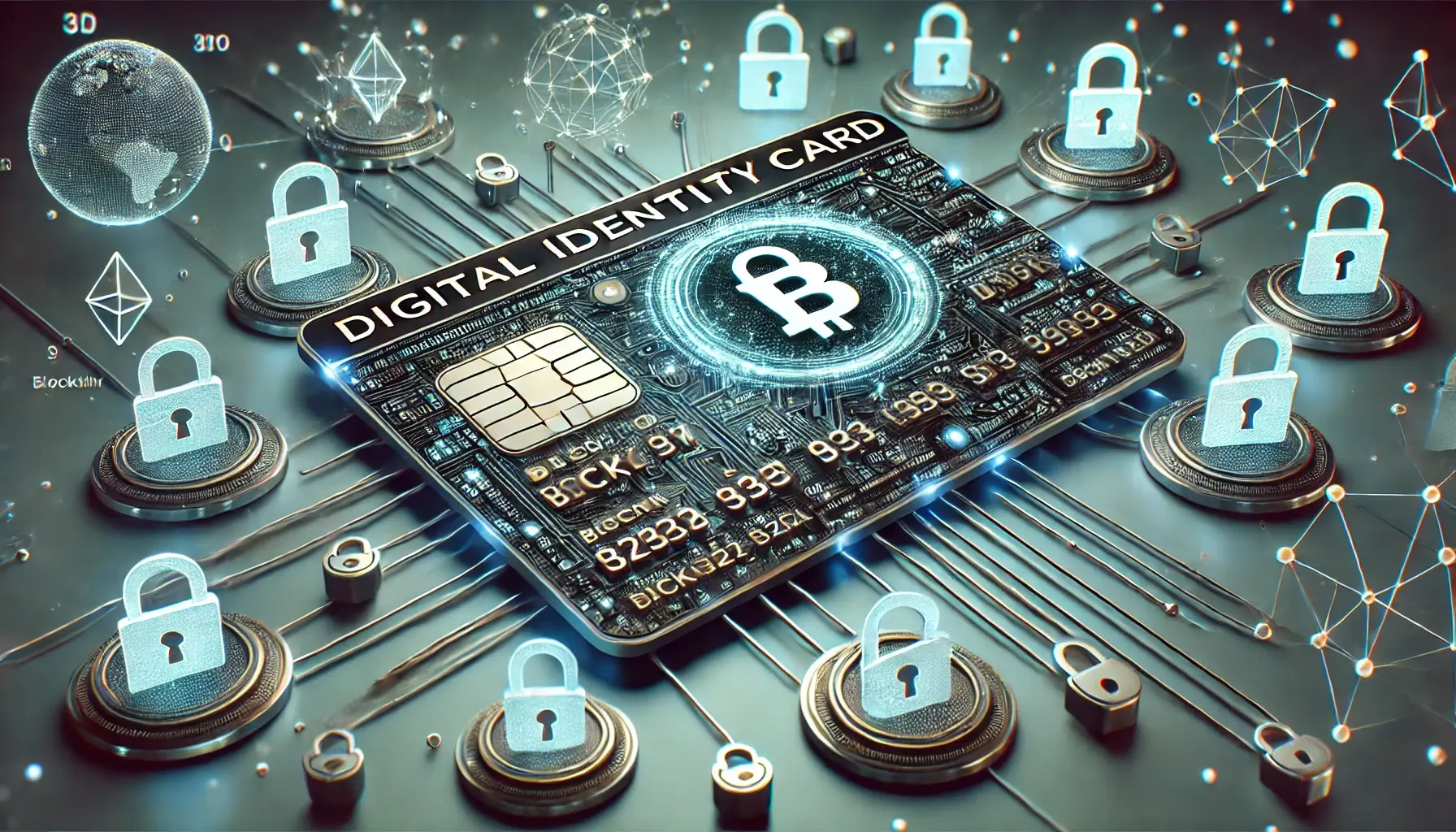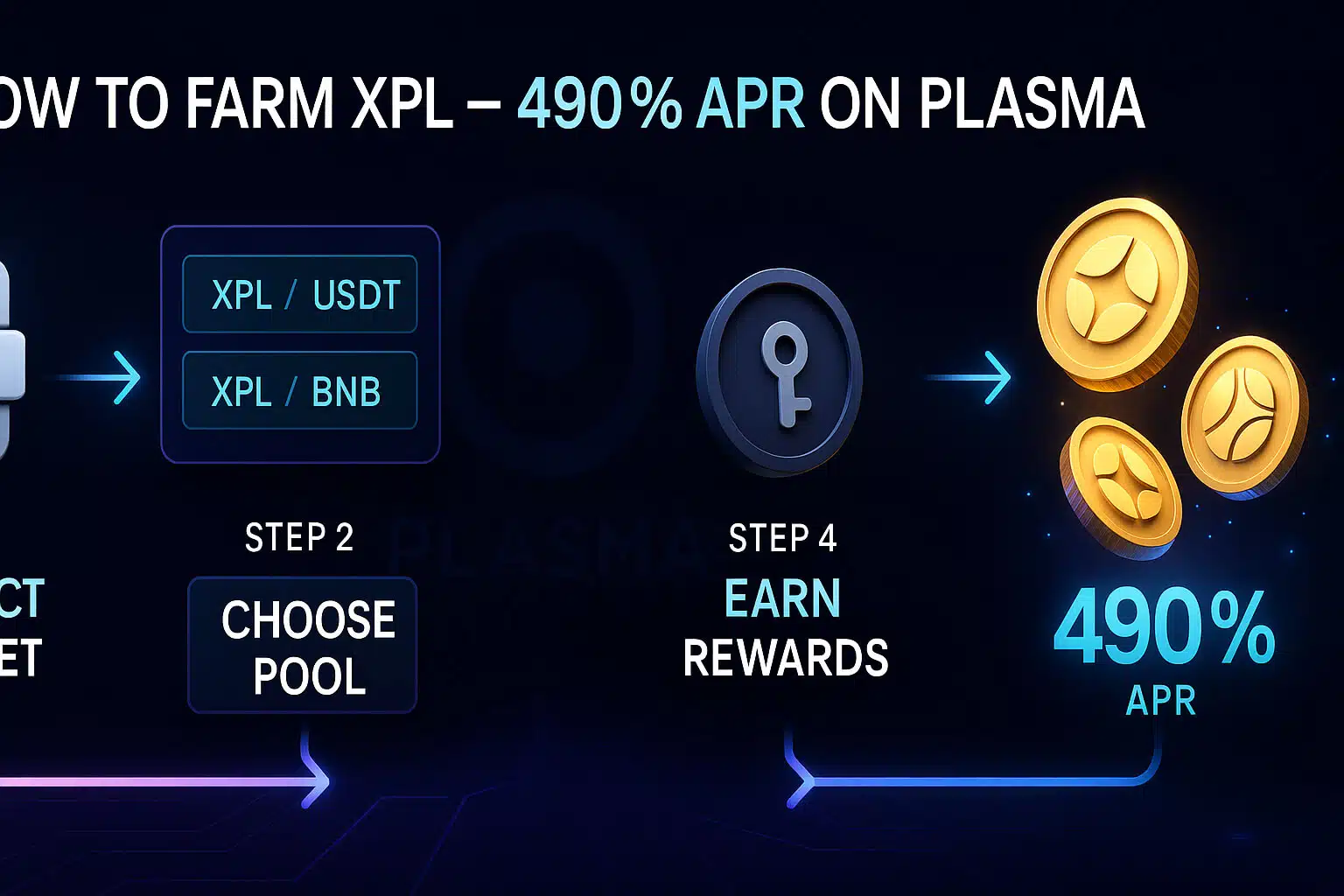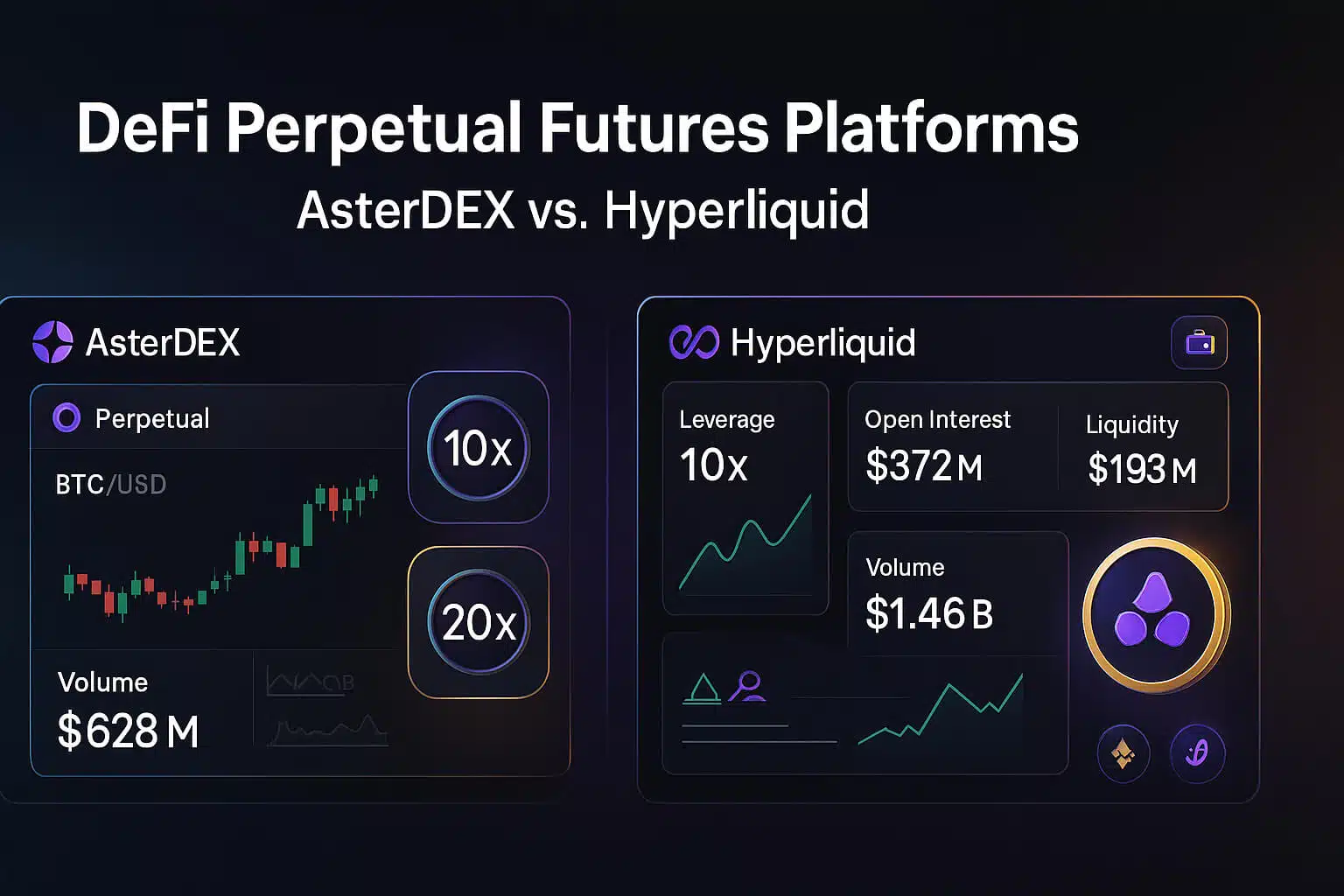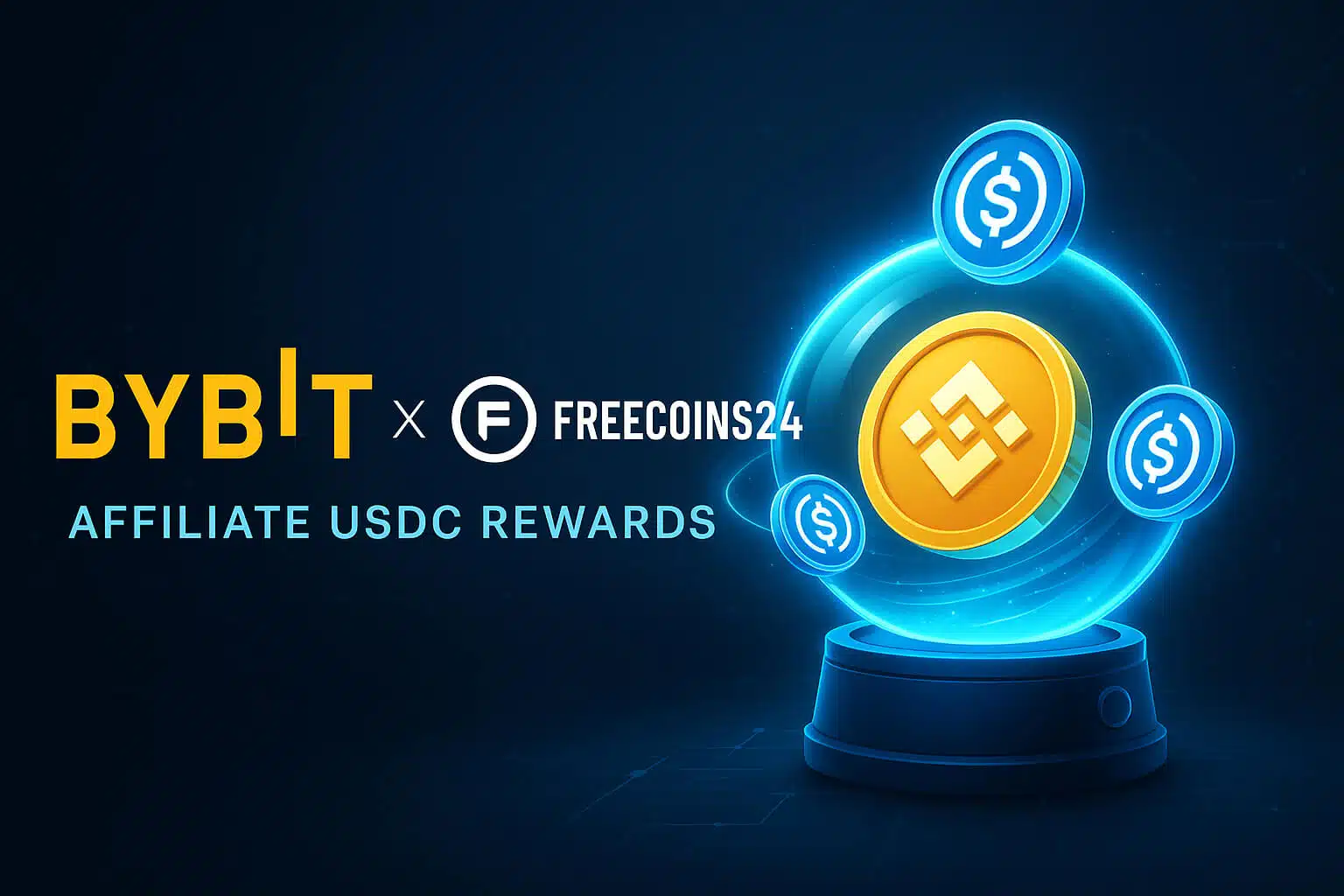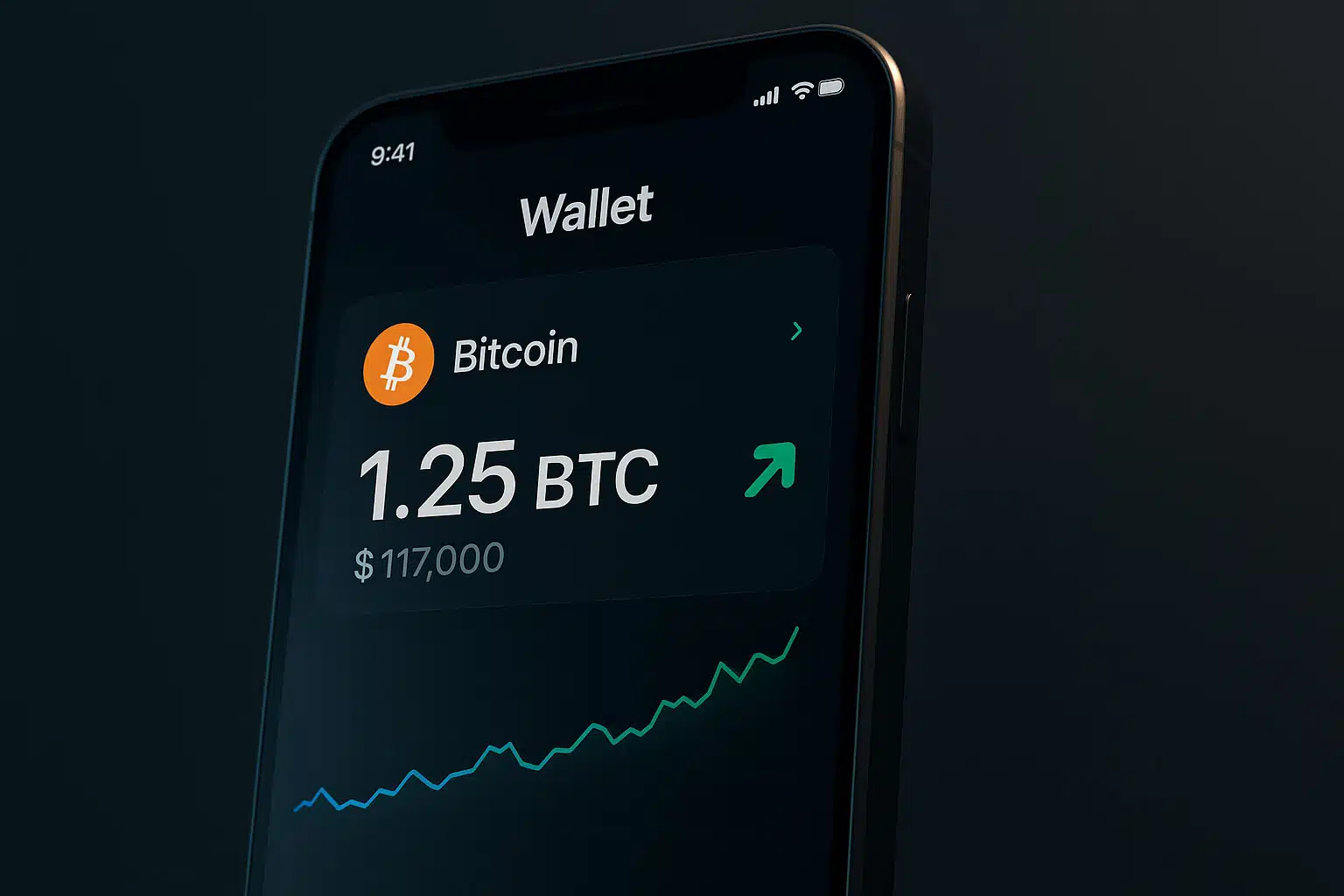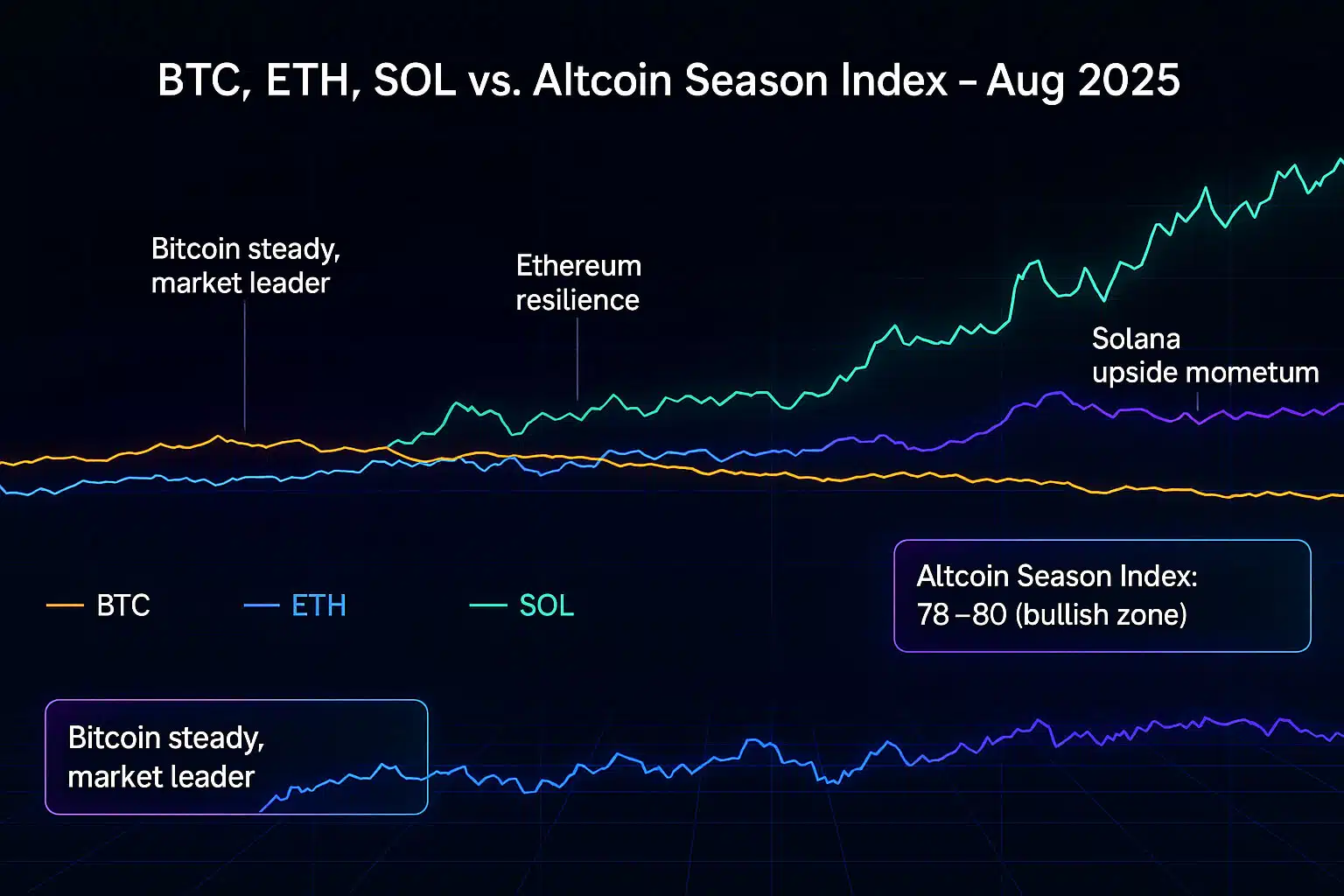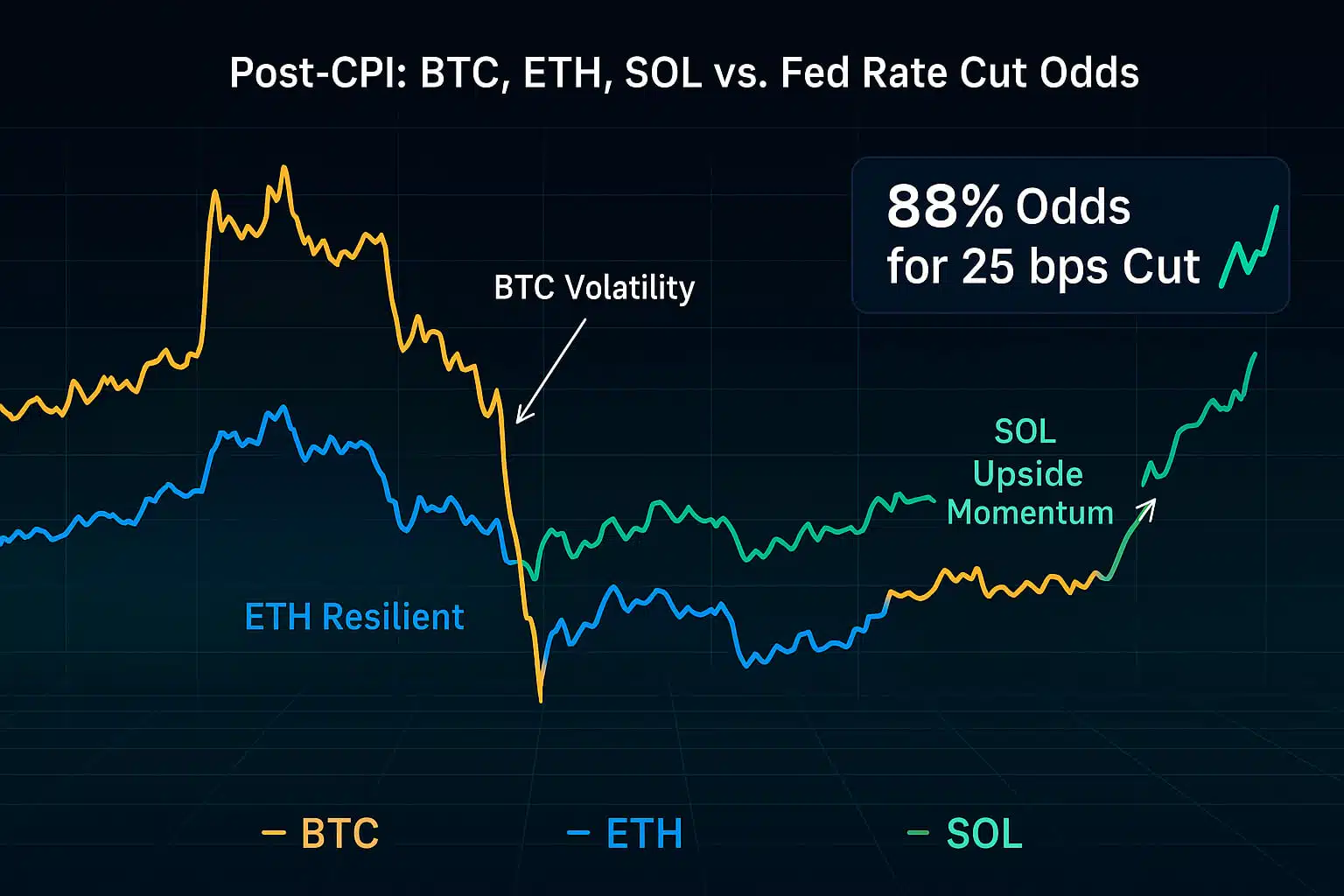The Future of Digital Identity with Blockchain: A New Era of Security and Decentralization
Introduction
In today’s digital world, identity verification is crucial for accessing services, making transactions, and protecting personal information. Traditional methods of managing digital identities rely heavily on centralized systems that store massive amounts of sensitive data in single locations. This centralization presents significant security risks, as data breaches can expose millions of identities at once. Blockchain technology offers a revolutionary alternative, providing a secure, decentralized framework for digital identity systems. This blog will explore how blockchain is shaping the future of digital identity, ensuring greater security, privacy, and control for individuals.
The Need for Secure Digital Identity
Digital identities have become integral to our daily lives. They are used to access online services, make purchases, and verify personal information across various platforms. However, traditional digital identity systems face several challenges:
- Centralized Databases: Most digital identity systems rely on centralized databases, making them prime targets for hackers. A single data breach can compromise the personal information of millions of users.
- Privacy Concerns: Centralized identity systems often require individuals to share extensive personal data with multiple service providers, increasing the risk of data misuse and privacy violations.
- Identity Theft: Cybercriminals can exploit weaknesses in traditional identity systems to steal personal information, leading to financial loss and damage to individuals’ reputations.
These challenges underscore the need for a more secure, private, and user-controlled approach to digital identity management. For more on how blockchain addresses these issues, check out our blog on The Role of Blockchain in Enhancing Cybersecurity.
How Blockchain is Revolutionizing Digital Identity
Blockchain technology introduces a decentralized and immutable system for managing digital identities. By leveraging its unique features, blockchain can address the security, privacy, and control issues associated with traditional digital identity systems.
1. Decentralized Identity Management
Unlike centralized systems, blockchain enables the creation of decentralized digital identities. These identities are not stored in a single location but are distributed across a network of nodes, making them far more secure.
How It Works:
- Distributed Ledger: Blockchain stores identity data across multiple nodes in a network. This distribution eliminates the risk of a single point of failure, making it much harder for hackers to compromise the system.
- User Control: Individuals maintain control over their digital identities. They can decide what information to share, with whom, and for how long. This setup minimizes the need to trust third-party providers with personal data.
By decentralizing identity management, blockchain reduces the risks associated with centralization and gives individuals greater control over their personal information. To understand more about decentralized systems, visit our post on Blockchain in the Internet of Things (IoT).
2. Enhanced Privacy and Security
Blockchain’s cryptographic features provide robust security for digital identities. Data stored on the blockchain is encrypted, ensuring that only authorized parties can access it.
How It Works:
- Encryption: Blockchain uses advanced encryption techniques to protect identity data. Even if a hacker gains access to the blockchain, they cannot read or alter the data without the proper decryption keys.
- Zero-Knowledge Proofs: Some blockchain systems implement zero-knowledge proofs, which allow users to prove their identity without revealing sensitive information. This approach enhances privacy by ensuring that only the minimum amount of data is shared.
Enhanced privacy and security features make blockchain an ideal solution for managing sensitive identity information. Learn more about how blockchain secures data in our article on Blockchain for Data Security.
3. Self-Sovereign Identity (SSI)
One of the most promising applications of blockchain in digital identity is the concept of self-sovereign identity (SSI). SSI allows individuals to own and manage their digital identities without relying on a central authority.
How It Works:
- Ownership and Control: In an SSI system, individuals own their identity data and control who has access to it. Blockchain technology ensures that this data remains secure and tamper-proof.
- Verifiable Credentials: Individuals can share verifiable credentials, such as a digital driver’s license or university degree, directly with service providers. The service provider can verify the authenticity of the credentials without needing to contact the issuing authority.
Self-sovereign identity empowers individuals by giving them full ownership and control over their digital identities. If you’re interested in how blockchain can transform traditional sectors, read our post on Blockchain in Supply Chain Transparency.
Real-World Applications of Blockchain in Digital Identity
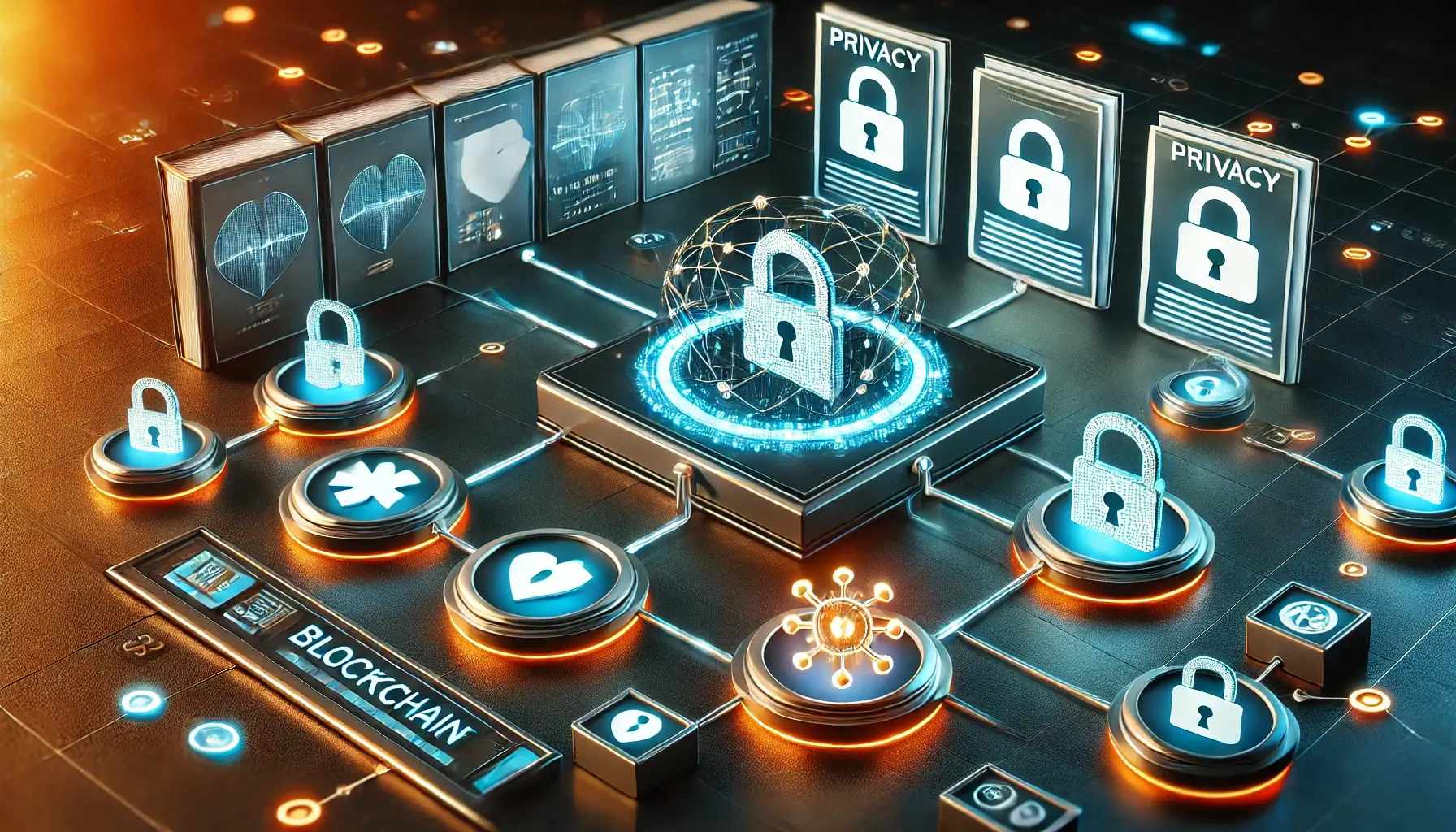
Several companies and projects are already leveraging blockchain technology to create secure and decentralized digital identity systems. Here are a few examples:
1. uPort: Decentralized Identity Platform
uPort is a decentralized identity platform built on the Ethereum blockchain. It allows users to create and manage their digital identities securely. With uPort, individuals can share their identity information with service providers without relying on a central authority, ensuring greater privacy and control.
2. Sovrin: Self-Sovereign Identity Network
Sovrin is a decentralized identity network that aims to provide a global public utility for SSI. It uses blockchain technology to enable individuals to own and control their digital identities, making it easier to verify and share credentials securely.
3. Civic: Secure Identity Verification
Civic offers a blockchain-based identity verification solution that allows individuals to share their verified identities securely with service providers. Civic’s platform reduces the need for repeated identity verification processes, streamlining user experiences and enhancing security.
These platforms showcase how blockchain is being used to build more secure, private, and user-controlled digital identity systems. To dive deeper into how blockchain is applied across different industries, read our comprehensive guide on Blockchain Technology.
The Future of Digital Identity with Blockchain
As blockchain technology continues to evolve, its impact on digital identity will likely grow. The demand for more secure and private identity solutions will drive the adoption of blockchain-based digital identity systems. Additionally, as more organizations recognize the benefits of decentralized identity management, we can expect to see greater collaboration and standardization within the industry.
In the future, blockchain could become the foundation of digital identity systems worldwide, enabling secure and private interactions across various sectors, including finance, healthcare, and government services. This transformation will not only enhance security but also empower individuals by giving them control over their digital identities.
Conclusion
Blockchain technology is poised to revolutionize digital identity by providing secure, decentralized, and user-controlled solutions. As traditional identity systems struggle with security and privacy issues, blockchain offers a promising alternative that addresses these challenges head-on. By leveraging blockchain, we can create a future where individuals have greater control over their personal information, and where digital identities are more secure and private than ever before.
FAQs
1. What is the role of blockchain in digital identity?
Blockchain provides a decentralized and secure framework for managing digital identities, reducing the risks associated with centralization and enhancing privacy.
2. How does blockchain enhance digital identity security?
Blockchain enhances security by encrypting identity data and storing it across a decentralized network, making it much harder for hackers to access or manipulate the data.
3. What is self-sovereign identity (SSI)?
Self-sovereign identity is a concept where individuals own and control their digital identities without relying on a central authority. Blockchain technology makes SSI possible by providing a secure and tamper-proof way to manage identity data.
4. Are there any real-world applications of blockchain in digital identity?
Yes, platforms like uPort, Sovrin, and Civic are already using blockchain to create secure and decentralized digital identity systems.
For more insights and detailed guides on cryptocurrency, visit our Crypto Guides Section.
Stay Updated
For the latest updates on cryptocurrency trends and news, follow us on:
- Twitter: https://twitter.com/FreeCoins24
- Telegram: https://t.me/freecoins24
Stay informed with the latest strategies and insights in the world of cryptocurrency at FreeCoins24.io.
Special Offer
For an enhanced trading experience, consider Bybit. Sign up through our referral link to unlock exclusive rewards, including up to $30,000 in deposit bonuses, and elevate your trading journey.



